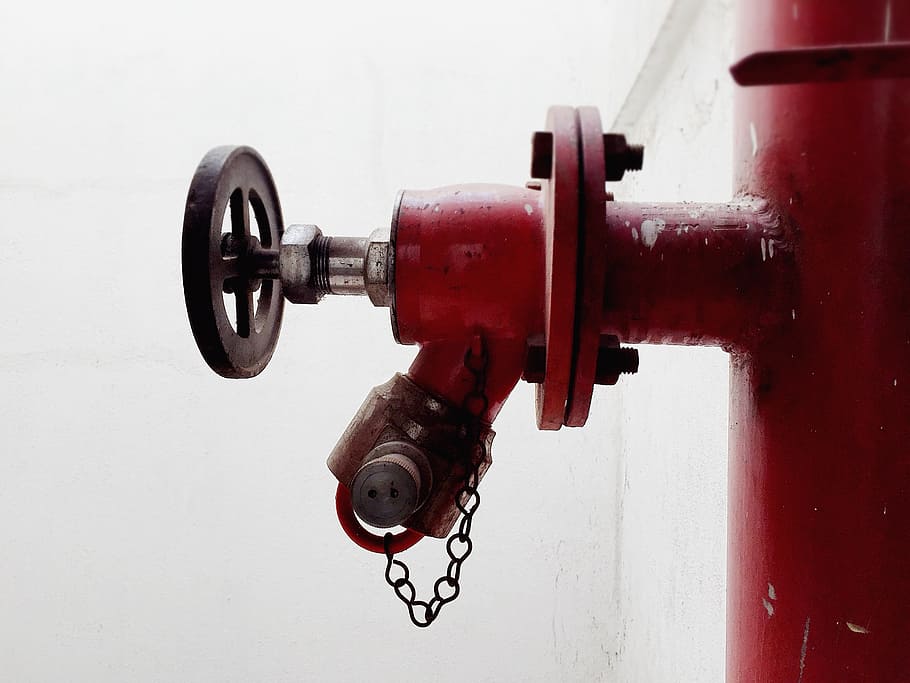What to Do in a Plumbing Emergency: A Comprehensive Guide for Homeowners
by siteadmin

Plumbing emergencies can happen at any time, whether it’s a burst pipe, a clogged drain, or a leaking faucet. These situations not only cause damage to your property but also require immediate attention to prevent further damage. As a homeowner, it's important to know what steps to take in the event of a plumbing emergency. In this comprehensive guide, we'll walk you through what to do in case of a plumbing emergency.
1. Turn off the water supply: In case of a burst pipe or any other plumbing emergency, it's crucial to turn off the water supply. The main shut-off valve is usually located in the basement or outside of your home. Turn it off immediately to prevent water damage to your property. It's important to identify the location of the main shut-off valve beforehand so that you can act quickly when a plumbing emergency occurs.
2. Don’t panic: It's natural to feel panicked in the event of a plumbing emergency, but it's important to stay calm. Panic can cause you to make mistakes or overlook important steps. Take a deep breath and assess the situation. If you feel overwhelmed, call a professional plumber right away.
3. Collect information: When you call a plumber, provide as much information as possible about the situation. This will help the plumber determine the severity of the problem and what tools or equipment they need to bring. Some information you should provide includes the location of the problem, how long it has been going on, and any attempts you’ve made to fix it.
4. Know when to DIY and when to call a professional: While some plumbing issues can be fixed with a plunger or a wrench, others require a professional touch. If the situation is beyond your capability or if you feel unsure about what to do, don't hesitate to call a professional plumber. Attempting to fix the problem yourself can lead to costly mistakes or even worsen the problem.
5. Take preventative measures: In many cases, plumbing emergencies can be prevented with regular maintenance and inspections. Schedule routine plumbing inspections and repairs to identify potential issues before they become emergencies. Additionally, take preventative measures such as regularly cleaning your drains and avoiding flushing anything other than toilet paper and human waste down the toilet.
When dealing with a plumbing emergency, it is important to act swiftly and stay calm. Turning off the water supply is the first and most important step to take in order to minimize damage. Collecting any relevant information that may help a professional diagnose the problem should be done next, such as the location of the issue or if there have been similar problems in the past. Depending on the complexity of the situation, it is sometimes possible for homeowners to DIY and take care of relatively minor plumbing issues; however, it is wise to contact a professional for more serious and complicated emergencies. Furthermore, taking preventative measures such as inspecting pipes routinely can help protect against future plumbing catastrophes. By following these steps, homeowners can keep their home’s plumbing system running smoothly and avoid costly repairs down the line.
https://www.plumberlittletonco.com/emergency-plumbing
www.plumberlittletonco.com/emergency-plumbing
Emergency Plumbing Professionals
Emergency plumber littleton co
Plumbing emergencies can happen at any time, whether it’s a burst pipe, a clogged drain, or a leaking faucet. These situations not only cause damage to your property but also require immediate attention to prevent further damage. As a homeowner, it's important to know what steps to take in the event of a plumbing emergency.…
Recent Posts
- Expert Lawn Care Lubbock Advocates for Property Care: Combatting Weed Growth and Preserving Curb Appeal
- Expert Lawn Care Lubbock Advocates for Property Care: Combatting Weed Growth and Preserving Curb Appeal
- Expert Cleaners Lexington Announces Commitment to Safe, Sustainable Cleaning Practices, Expanding to Georgetown, KY
- It’s So Bougie Revolutionizes the Eyelash Extension Industry with Innovative Lash Extension Light
- My Insurance Agent-TX Urges Drivers in Midland Odessa to Opt for Adequate Auto Liability Coverage Over State Minimums
